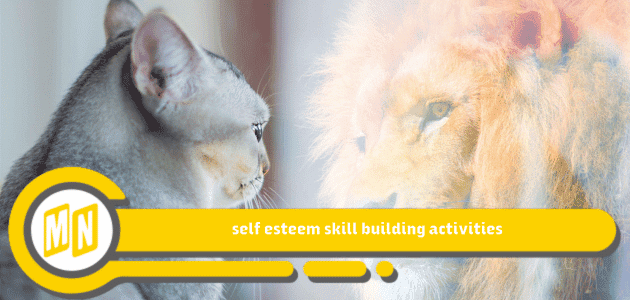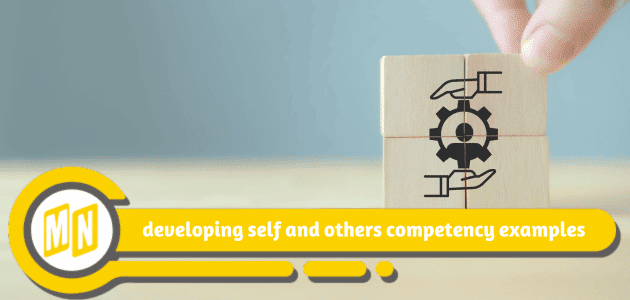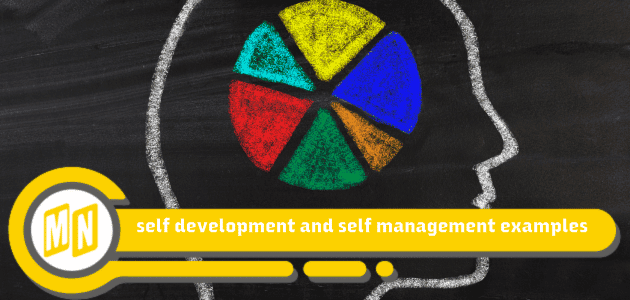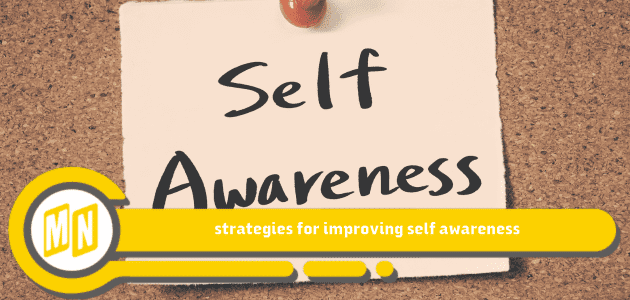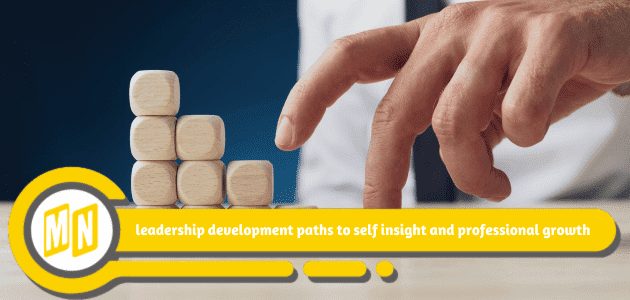self esteem skill building activities, Building self-esteem is a crucial part of personal development for people of all ages. For teenagers in particular, middle and high school years are formative periods where self-perception and confidence play significant roles in shaping future successes and interpersonal relationships. Engaging in self-esteem skill-building activities can help cultivate a positive self-image, reinforce individual strengths, and foster emotional resilience.
In this blog, we will explore various activities and strategies designed to boost self-esteem. Whether it’s through daily affirmations, goal-setting, mindfulness practices, or seeking supportive relationships, these approaches can provide the foundation for a healthier, more confident self. The activities and insights we discuss aim to empower individuals to challenge negative thoughts, recognize their talents, and ultimately, lead a more fulfilling life.
Contents
- 1 self esteem skill building activities
- 2 Daily Affirmations and Positive Self-Talk
- 3 Setting and Achieving Personal Goals
- 4 Identifying and Challenging Negative Thoughts
- 5 Exploring Personal Strengths and Talents
- 6 Engaging in Physical Exercise and Wellness Practices
- 7 Practicing Gratitude and Mindfulness
- 8 Developing Assertiveness Skills
- 9 Journaling for Self-Reflection and Growth
- 10 Seeking Support and Building Healthy Relationships
- 11 Participating in Skill-Building Workshops or Courses
self esteem skill building activities
Building self-esteem involves a variety of empowering activities designed to nurture a positive self-image and bolster confidence. One effective practice is engaging in daily affirmations and positive self-talk, which helps replace negative thoughts with constructive ones. Journaling is another activity that encourages self-reflection and personal growth by allowing individuals to document their thoughts, accomplishments, and areas for improvement.
Setting and achieving personal goals can also significantly enhance self-esteem, as it fosters a sense of accomplishment and direction. Additionally, participating in skill-building workshops or courses provides opportunities to learn new competencies and increase self-efficacy. Seeking support and building healthy relationships are crucial, as they provide a strong foundation of encouragement and validation. Finally, exploring personal strengths and talents helps individuals recognize and appreciate their unique abilities, further boosting self-esteem.
Daily Affirmations and Positive Self-Talk
Engaging in daily affirmations and positive self-talk is an impactful practice for building self-esteem. It involves consciously repeating positive statements about oneself to replace negative thoughts and cultivate a sense of self-worth. Imagine starting your day by affirming your strengths, potential, and worth: stating, “I am confident and capable,” or “I deserve happiness and success.” These affirmations help to rewire your brain, shifting the focus from self-doubt to self-belief. Consistently practicing this helps reinforce a positive mindset, making it easier to navigate challenges and setbacks. By nurturing a habit of talking constructively to yourself, you create a foundation of confidence and resilience that permeates all aspects of your life, ultimately leading to a more fulfilling and empowered existence.
See also: examples of specialist knowledge expertise and self development
Setting and Achieving Personal Goals
Setting and achieving personal goals is a crucial aspect of building self-esteem. When you identify goals that align with your personal values, you lay the groundwork for meaningful progress and self-worth. The process begins with setting clear, achievable goals. Break large objectives into manageable steps to avoid feeling overwhelmed, and celebrate each milestone reached.
Achieving these goals reinforces your ability to succeed, fostering confidence and resilience. Keeping track of progress through journaling or using goal-setting apps can help maintain focus and motivation. Remember, the journey to achieving goals is as important as the destination. By consistently working towards and accomplishing your personal aspirations, you build a solid foundation of self-esteem, demonstrating to yourself that you are capable and worthy of success.
Identifying and Challenging Negative Thoughts
Negative thoughts can significantly impact your self-esteem and overall well-being. It’s essential to identify these thoughts and challenge their validity. Start by acknowledging when negative self-talk arises. Use tools like the “Negative Self-Talk” worksheet to track these thoughts and understand their patterns. Once identified, question the evidence supporting these negative beliefs.
Would you hold the same harsh standards for a friend or loved one? Often, you’ll find that these thoughts are unfounded and overly critical. Employ the “Identifying and Challenging Core Beliefs” worksheet to reframe these thoughts into more positive, rational alternatives. By consistently practicing this cognitive-behavioral technique, you can gradually transform your mindset, build resilience, and enhance your self-esteem. Remember, challenging negative thoughts is a skill that takes time and patience to develop, but is crucial for personal growth.
Exploring Personal Strengths and Talents
Uncovering your personal strengths and talents is a fundamental part of building self-esteem. Start by reflecting on past achievements and moments when you felt particularly proud of yourself. This can provide valuable insights into your unique abilities and interests. Engaging in activities that challenge and excite you can also help reveal hidden talents. Consider taking assessments like the CliftonStrengths or Myers-Briggs Type Indicator to gain a better understanding of your inherent strengths.
Additionally, seeking feedback from friends, family, and colleagues can offer new perspectives on your capabilities. Remember, developing your talents and leveraging your strengths not only boosts your confidence but also enhances your contributions in various areas of life. Embrace your uniqueness and let it shine in everything you do.
See also: leadership development paths to self insight and professional
Engaging in Physical Exercise and Wellness Practices
Incorporating physical exercise and wellness practices into your routine can significantly impact your self-esteem. Engaging in regular physical activities, such as jogging, swimming, or yoga, not only improves your physical health but also boosts your mental well-being. Exercise releases endorphins, known as “feel-good” hormones, which help reduce stress and enhance mood. Additionally, practices like meditation and mindfulness can increase self-awareness and promote a positive self-image. Being consistent with these activities allows you to set and achieve personal goals, fostering a sense of accomplishment and self-worth.
Remember, it’s not about perfection but progress, and celebrating small victories can lead to long-term confidence building. Prioritizing your physical and mental health through exercise and wellness practices is a powerful step towards a more positive self-esteem.
Practicing Gratitude and Mindfulness
Practicing gratitude and mindfulness can play a crucial role in enhancing self-esteem. By making a habit of reflecting on the positive aspects of life, you can shift your focus away from shortcomings and insecurities. Gratitude exercises, such as keeping a journal or taking mindful walks, are excellent tools to incorporate into your daily routine. These practices not only offer a quick mood boost but can also foster long-term positive growth and development.
Mindfulness, on the other hand, helps you stay present and aware, reducing stress and promoting a sense of calm. Together, these practices encourage self-awareness and self-compassion, making it easier to embrace your true self and appreciate your unique qualities. With commitment and consistency, gratitude and mindfulness can significantly uplift your self-esteem and overall mental well-being.
Developing Assertiveness Skills
Developing assertiveness skills is essential for building self-esteem and fostering healthy relationships. Assertiveness involves expressing your thoughts, feelings, and needs openly and respectfully while also considering others. Unlike passive behavior, where one might shy away from voicing concerns, or aggressive behavior, where one might dominate others, assertiveness strikes a balanced middle ground.
One effective way to develop assertiveness is through role-playing scenarios where you practice assertive communication. Utilizing worksheets that focus on assertive communication techniques can also be helpful. These exercises guide you in identifying your strengths and learning how to articulate your desires and boundaries clearly. Over time, practicing these skills can lead to improved self-confidence and a stronger sense of self-worth, positively affecting all areas of your life. By committing to this practice, you empower yourself to interact more effectively and authentically.
See also: strategies for improving self awareness
Journaling for Self-Reflection and Growth
Taking time to journal can be a transformative practice for boosting self-esteem. Journaling allows an individual to reflect on past experiences, recognize personal achievements, and explore deeper emotions and values. By documenting moments of adversity and triumph, one can gain a clearer perspective on their strengths and areas of growth. Moreover, listing things you are grateful for can shift focus from negative self-perceptions to positive aspects of life.
Engaging with journal prompts about your values, goals, and self-perception encourages a deeper understanding of oneself. Not only does this process reinforce a sense of self-worth, but it also fosters a mindset of continuous growth and self-improvement. Over time, these reflections can lead to enhanced self-esteem and overall well-being, making journaling an invaluable tool for personal development.
Seeking Support and Building Healthy Relationships
Building healthy relationships and seeking support are essential components of boosting self-esteem. Surrounding yourself with individuals who uplift and encourage you can have a profound impact on your self-perception and confidence. Whether through friends, family, support groups, or therapy, establishing a network of people who value and support you is crucial.
Reaching out for help when needed shows strength and self-awareness. By engaging in open and honest communication with others, you can cultivate strong connections that foster personal growth and self-esteem. Remember, it is okay to seek support and lean on others during challenging times. Prioritizing relationships that are positive, respectful, and nurturing can significantly contribute to your overall well-being and confidence.
Participating in Skill-Building Workshops or Courses
Engaging in skill-building workshops or courses is a fantastic way to boost self-esteem. These workshops provide a structured and supportive environment where individuals can learn new skills, gain knowledge, and interact with like-minded people. By actively participating in these sessions, individuals can enhance their abilities, which in turn, can increase their self-confidence and sense of accomplishment.
Skill-building workshops and courses often focus on personal development, communication skills, leadership abilities, and various other areas that are crucial for self-improvement. Through dedicated learning and practice, individuals can not only acquire new skills but also prove to themselves that they are capable of growth and success. This sense of achievement can significantly contribute to building a strong foundation of self-esteem and belief in one’s capabilities.

